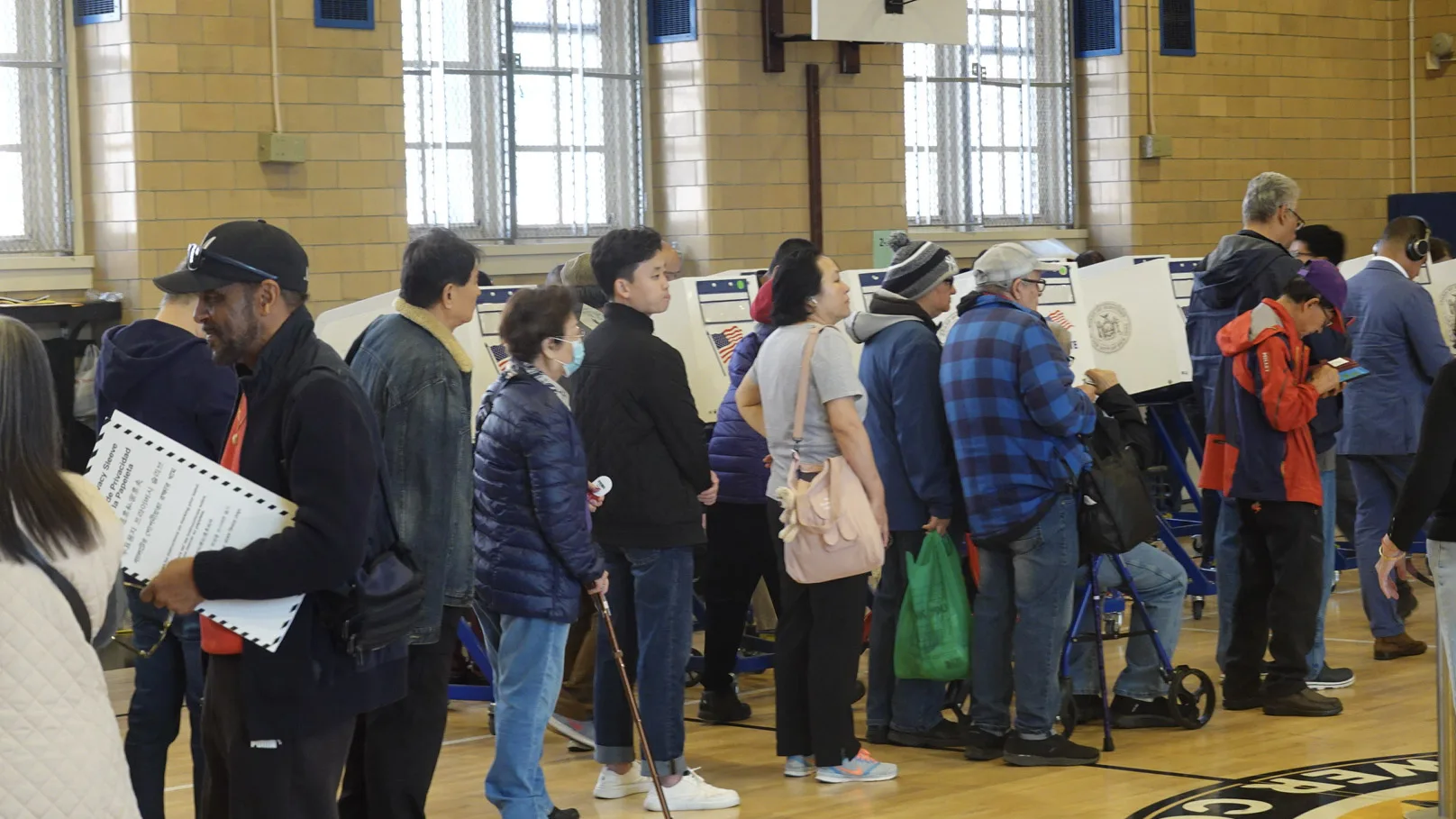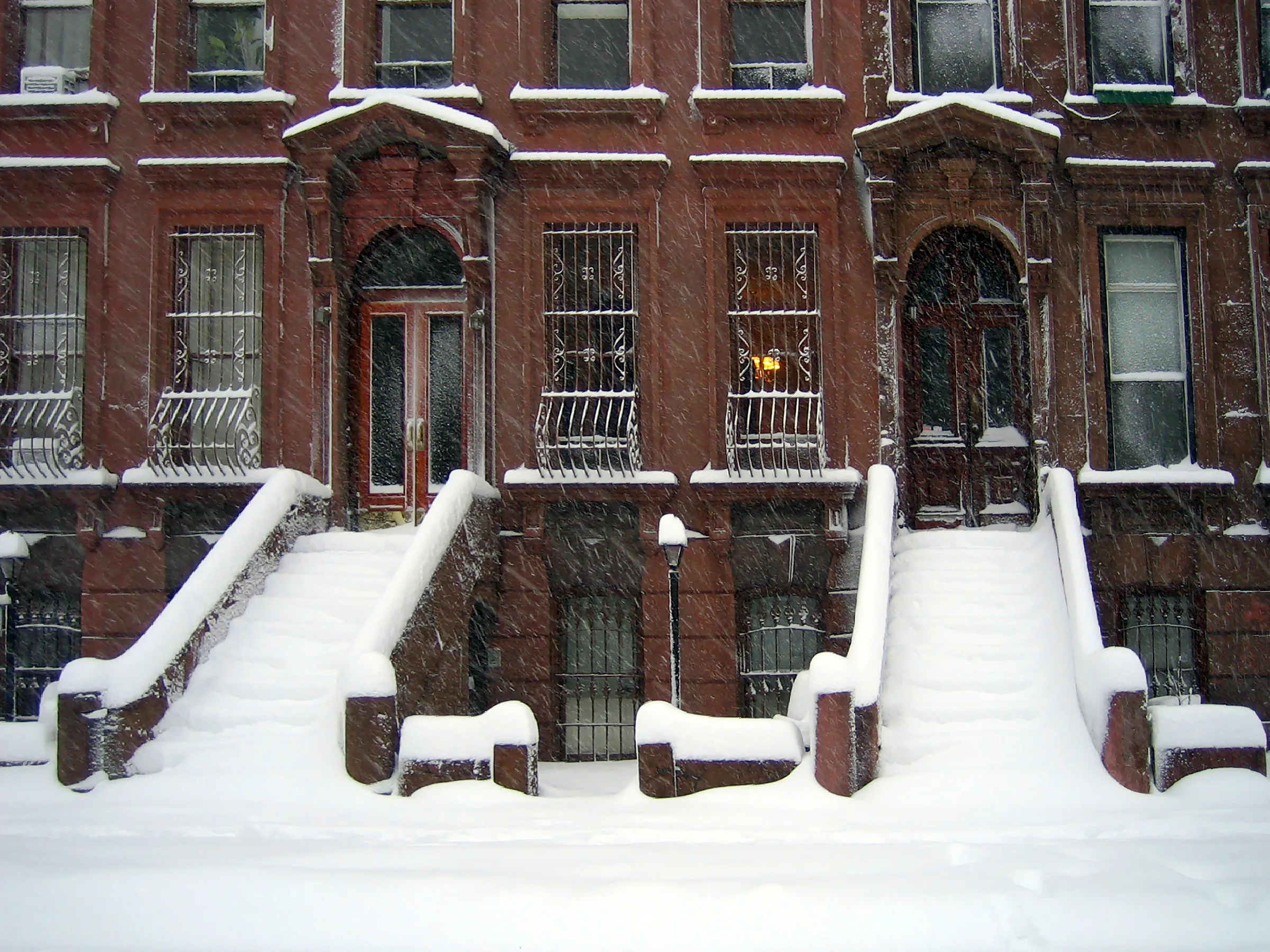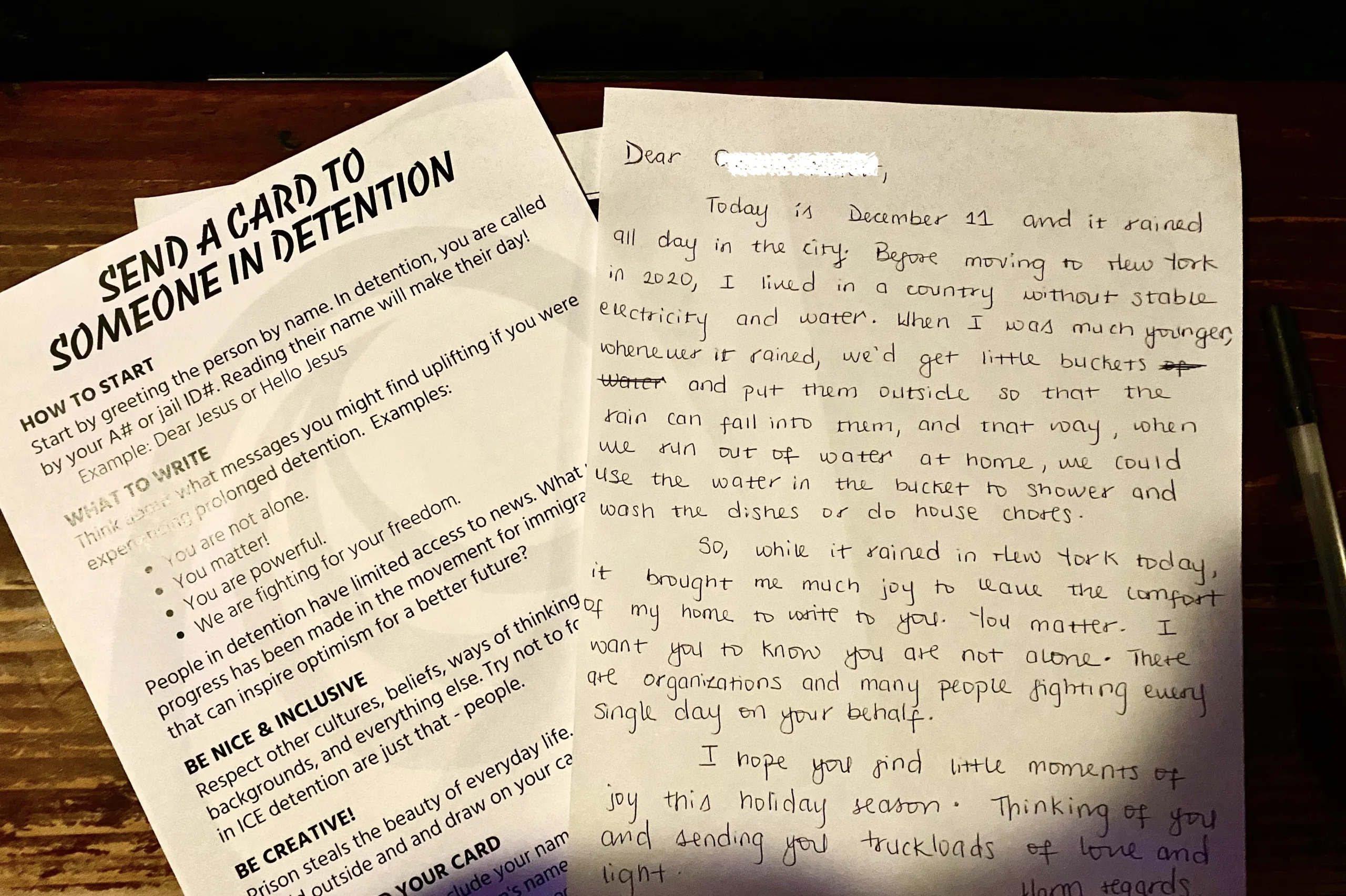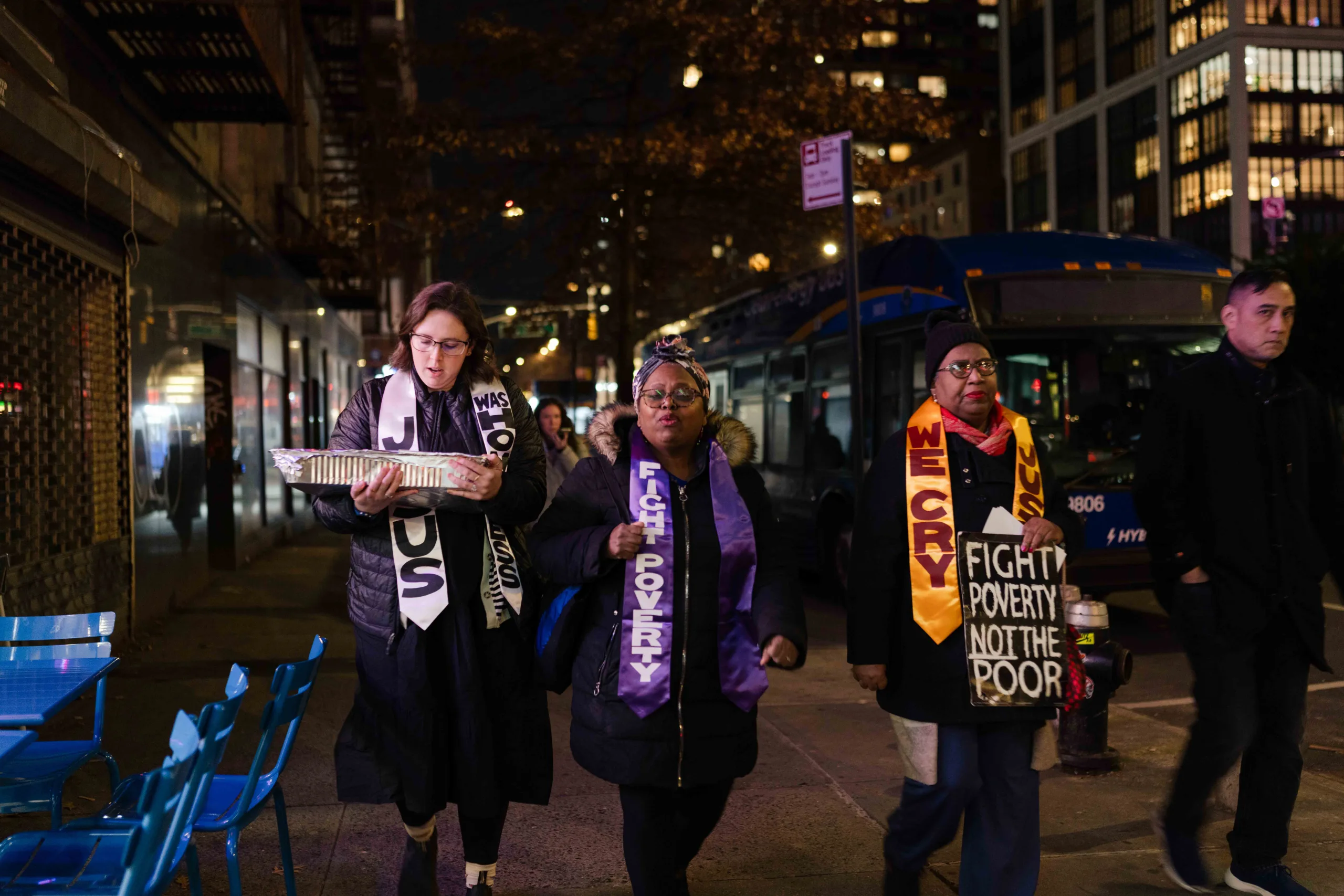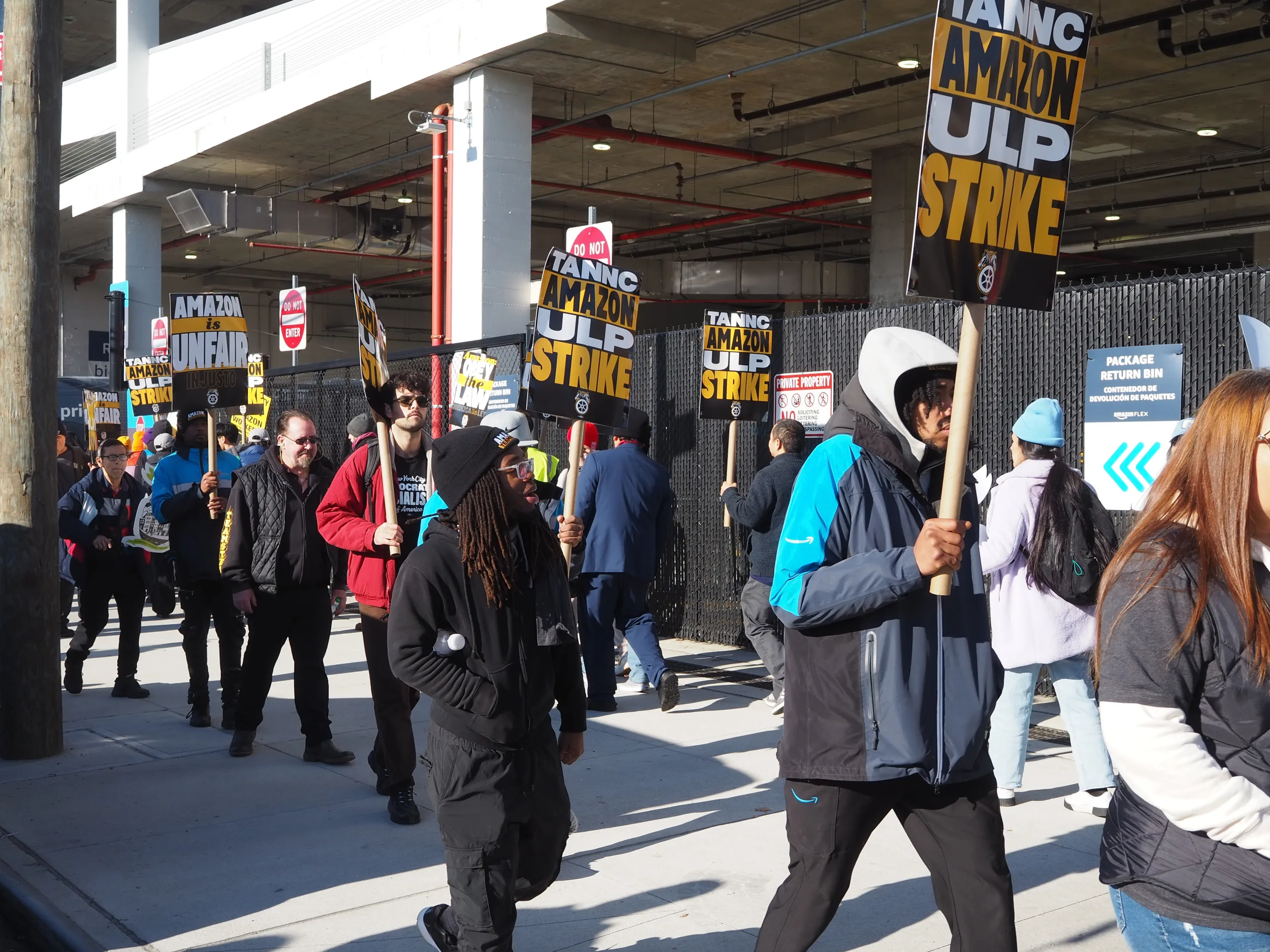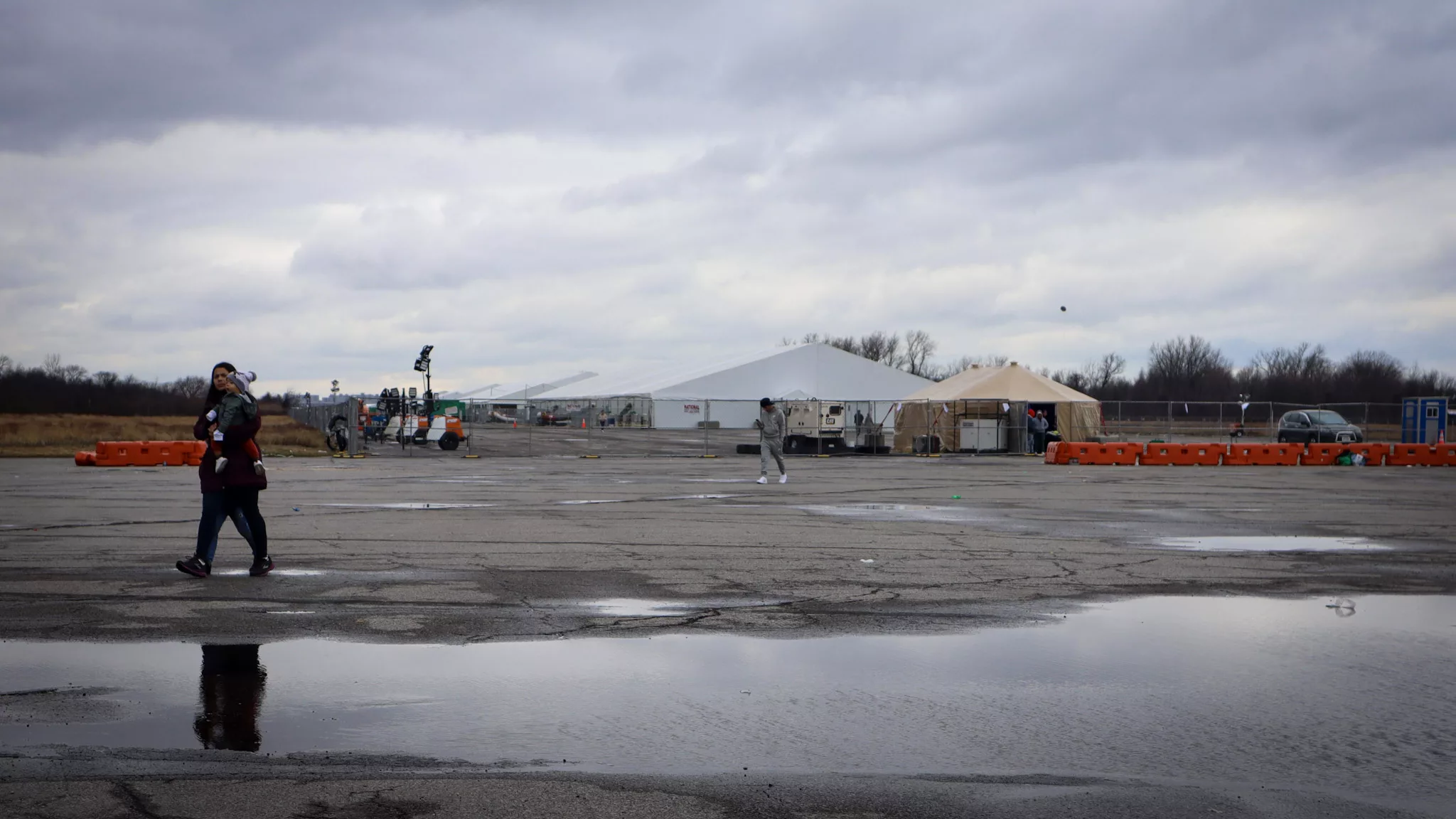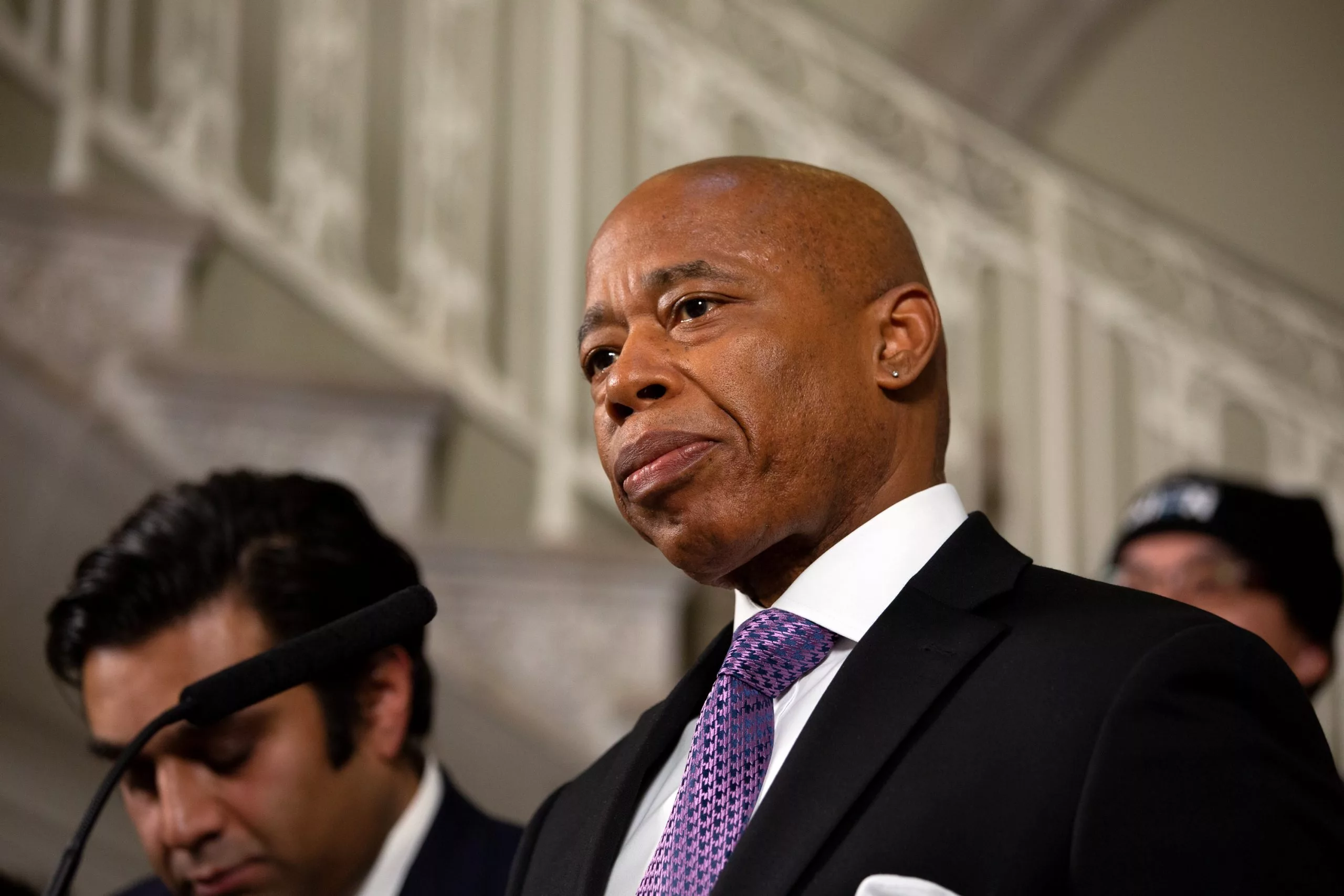On the morning of Election Day, long lines of voters snaked around the P.S. 020 polling station in Flushing when someone shouted, “We need a Chinese interpreter!”
Hui Phing Tan, the on-site translator, quickly headed toward the voice, and helped out the elderly Chinese couple waiting for her.
On the other side of the polling site, Ying Chen, 72, came out hoping to vote for the first time after living in the U.S. for over 20 years. The voting experience, she says, was frustrating. “I waited a while for translation services.”
By 11:30 a.m., nearly six hours after the first polls opened, Tan said she and her colleagues had received over 120 requests from Chinese-speaking voters for language assistance.
“There aren’t enough interpreters — our schedules are tight, and our shifts are disrupted,” Tan told Documented, who noted that there were only four Chinese interpreters at the poll site.
Also Read: AAPI Community Seeks to Mobilize New York’s Young Asian Voters
P.S. 020 was not the only site facing language access issues. According to a 2024 Asian American exit poll released Thursday, language access was a major factor hindering many Asian American voters from casting their ballots in this election.
According to the report, language access was the most frequently reported issue, comprising a third of all incidents on Election Day. In New York City, 23% of Asian voters surveyed said they lacked access to interpreters, while 67% said they received help from an on-site official interpreter. Additionally, 10% brought someone with them to assist in translation and 39% of those surveyed said they were only offered English ballots.
Asian American voters faced not only a lack of language access at the polls but also a shortage of in-language voter education materials beforehand. This lack of resources left many like Chen unprepared and ultimately led to difficulties voting. Tan said that of the nearly 30 Chinese voters she encountered, especially seniors, most were unaware they needed to register prior to voting. Asian Americans and other voters of colors have long had gaps in voter registration rates between them and white eligible voters.
After waiting to speak with an interpreter, 72-year-old Chen was told that she couldn’t cast her ballot because she hadn’t registered as a voter beforehand. “I didn’t know [about voter registration],” she said.
A poll worker at P.S. 020, who requested to remain anonymous, suggested that the Board of Elections increase the number of Chinese-language advertisements before elections to better educate Chinese voters about the voting process. “Some of them don’t even know about the Board of Elections,” the worker said.
The exit poll was released by the Asian American Legal Defense and Education Fund (AALDEF), a national organization that protects and promotes the civil rights of Asian Americans.
纽约州“能源补助”申请指南
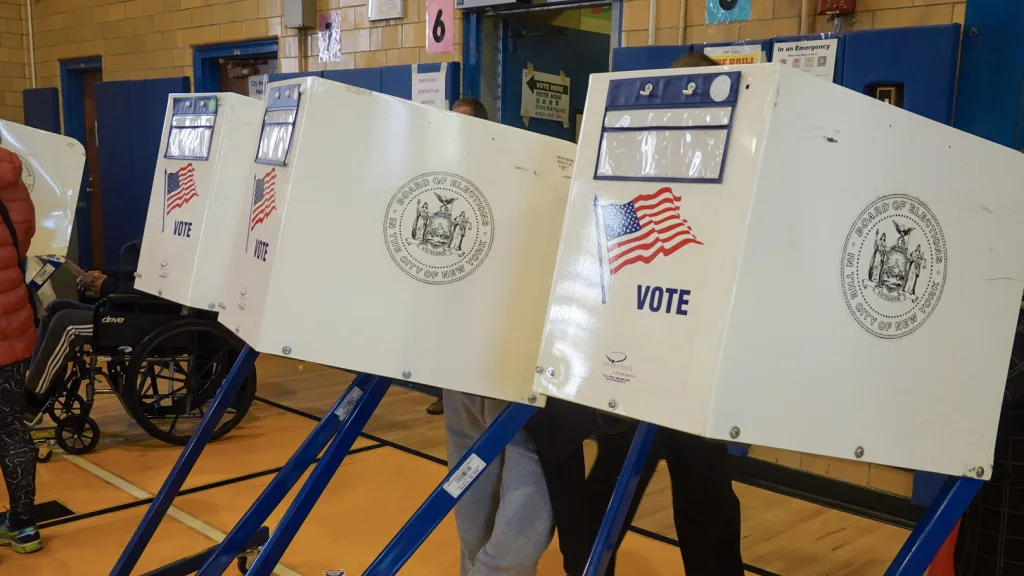
“Despite important protections for minority language speakers in the Voting Rights Act, we were troubled to hear from some voters that language assistance, even in places where they are mandated to provide interpreters, was unreliable, insufficient, or nonexistent,” said Bethany Li, executive director of AALDEF, in a statement.
Also Read: Pro-Trump Sentiment High on Election Day Among Immigrants
The poll surveyed over 5,500 voters across 12 states, including New York, New Jersey, Pennsylvania, California, Michigan, Texas, and others. It also found that the top three issues most frequently cited by Asian voters as influencing their votes this year were the economy/jobs, abortion, and public safety. Asian voters in New York City showed strong support for abortion access, with 63% in favor, helping to pass Proposition 1, which enshrined abortion rights in the state constitution.
And although the pandemic is gradually fading from public discourse, concerns about hate crimes and racial discrimination persist among Asian voters. The poll revealed that one in five Asian Americans reported experiencing harassment or violence based on their race, ethnicity, or religion in the past two years.
